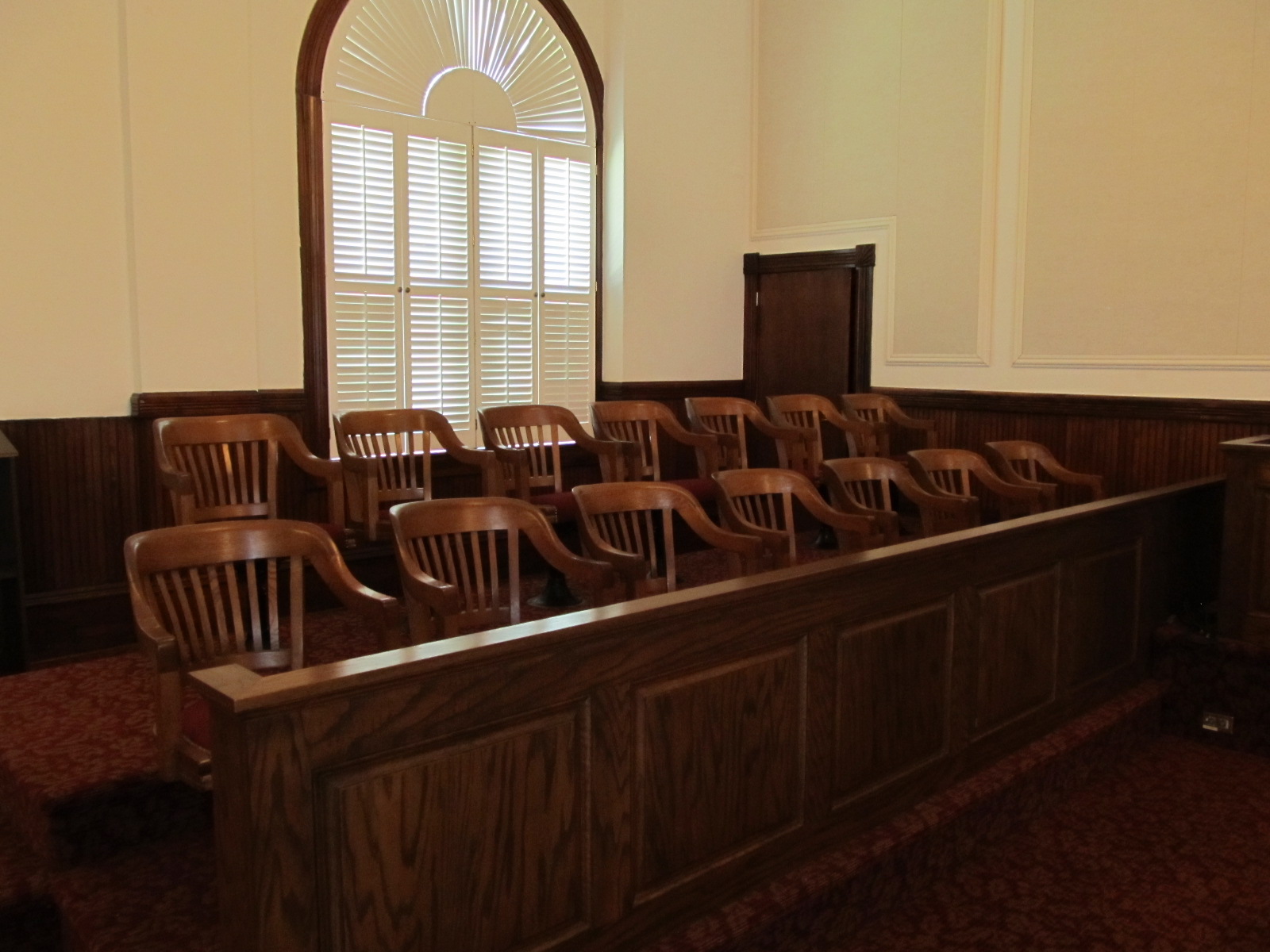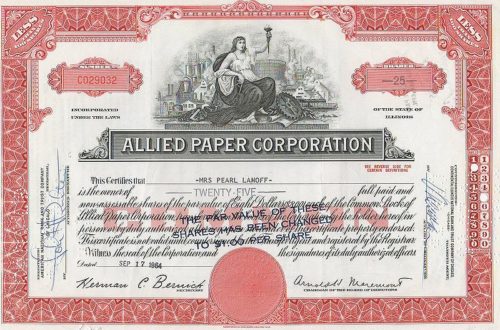In a time where pencils and pens are quickly being replaced by keyboards, styli, and even one’s own fingers, the North Carolina Supreme Court ruled last week that the strict blue pencil doctrine remains alive and well – at least when it comes to non-compete clauses in employment agreements.
The blue pencil doctrine originated in 1961 and essentially states that if a non-compete clause in an employment contract is “unreasonably broad,” then the Court has the power to use its blue pencil to literally strike the over broad provisions from the contract. Last week, in Beverage Sys. Of the Carolinas, LLC v. Associated Beverage Repair, LLC, the purchase contract in question specified that the defendants could not compete with the plaintiff’s business in “the states of North Carolina or South Carolina” for five years.[1]
The court reaffirmed the blue pencil doctrine but remarked that it could not be employed here because both parties operated in only portions of each state, making the geographic limitation “unreasonable” as neither party had “a presence in sizeable portions of either state.” Had both companies operated in every corner of North Carolina, but not in South Carolina, the Court would likely have been able to put their blue pencils to work and strike the latter half of the clause.
The Supreme Court also ruled that even though it has the power to strike provisions, it does not have the power to re-write, re-word, or otherwise amend the agreement. It is not the Court’s responsibility to rewrite contracts in hopes that the two parties agree to their changes. In fact, they “see nothing but mischief in allowing such a procedure.”
In light of this decision, lawyers drafting non-compete clauses would do well to list a number of geographic regions starting with the largest then pairing down toward smallest. The courts can then dig out their blue pencils and strike only those latter provisions they deem to be “unreasonably broad.”
[1] Beverage Sys. Of the Caroinas, LLC v. Associated Beverage Repair, LLC, _____ N.C. ______, _______ (March 18, 2016).





